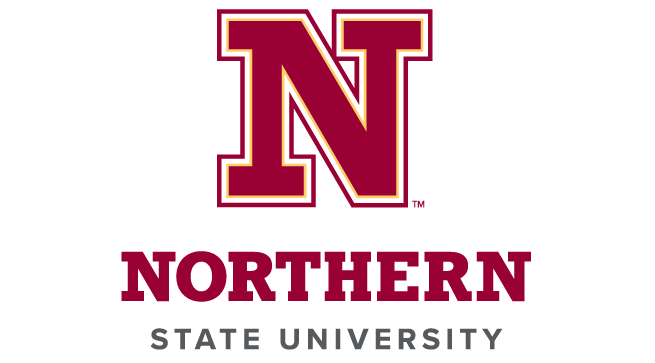Mentoring is a process by which a more senior person teaches, leads, models another person.
The goals of the new faculty mentoring program are to support new faculty members at Northern; familiarize them with university expectations, practices and resources; maximize satisfaction, productivity, and retention; and increase esprit d'corps and collegiality across campus.
The Program
- A new faculty member will be paired with a more senior, preferably tenured, faculty member
- The two faculty are preferably but not necessarily in the same department or college at NSU
- The Mentoring Program will work with/complement the existing Orientation Program
- All new faculty will participate in the Mentoring Program
- Mentor-mentee pairing will take place before In-Service and Orientation programs begin
- The structured relationship will last at least two semesters. After the end of the second semester the two can decide to continue, change, or terminate the relationship
- Mentors and mentees may meet as a group each term
- If the mentor or mentee wishes to terminate the relationship, they may approach the program coordinator to resolve the situation
Choosing Mentors
The program director will accept nominations of mentors from the deans, provost, president, or others not yet designated. Announcements will be made through the Office of the Provost or on the university website asking interested faculty to inform their deans they are interested in participating in the program
Mentors will be:
- Chosen by the program coordinator in concert with deans
- Experienced
- Successful
- Interested in and committed to the mentoring program
Expectations of Mentors
- Initiate and maintain regular contact with mentee
- Meet with mentee at least three times per semester. In-person contact is preferred, but phone or electronic contact methods are acceptable. At least one meeting each semester should be in person
- Be open to making time for meeting with mentee, offering feedback and advice
- Keep the specifics of conversations with mentee confidential from other faculty
- Keep the relationship with the mentee open and professional
- Attend any group meetings of the Mentoring Program
- Commit to being a mentor for at least two semesters, and be willing to extend the commitment as agreed with mentee
- Evaluate program at the end of the year
- Tell the program coordinator of any problems in the relationship with the mentee
Expectations of Mentees
- Maintain regular contact with the mentor
- Meet with the mentor at least three times each semester. In-person contact is preferred, but phone or electronic contact methods are acceptable. At least one meeting each semester should be in person
- Share concerns, questions and plans with mentor
- Keep relationship with mentor open and professional
- Keep the specifics of conversations with the mentor confidential from other faculty
- Attend any group meetings of the mentoring program
- Commit to being a mentee for at least two semesters and be willing to extend the commitment as agreed with the mentor
- Evaluate program at the end of the year
- Tell the program coordinator of any problems in the relationship with the mentor
Possible Topics for Mentors to Cover with Mentees
- Instruction
- Syllabi
- SOIs
- Instructional deliveries
- Course development
- Student motivation
- Grading/testing/assessment
- Teaching approaches/techniques/strategies
- Advising
- Balancing teaching, research, and service
- Balancing university and home life
- Short- and long-term career goals
- PSEs & PDPs
- Promotion and tenure process
- Dealing with peers and the administration
- Discussing funding opportunities
- Attending NSU or community fine arts, social, or athletic events
Expectations of Program Coordinator
- Outline program and implement directives
- Select mentors (with deans)
- Be available for mentoring questions, resolution of problems
- Meet with mentees
- Meet with mentors
- Attend Mentoring Program group meetings
- Collect data on program
- Report regularly to provost and issue two end-of-semester reports and one end-of-year report
